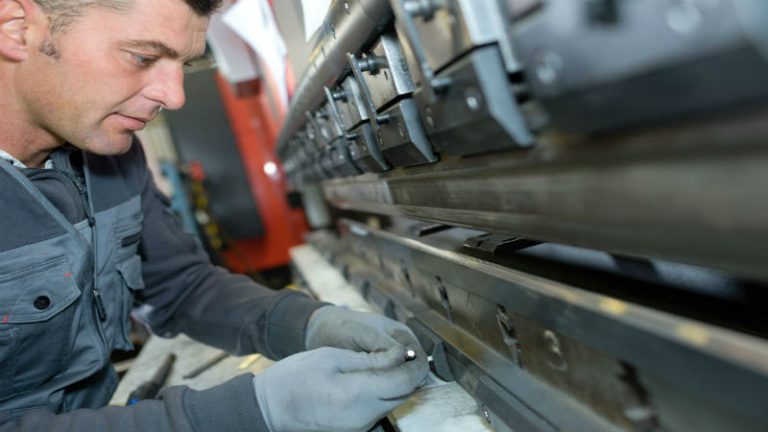There are a lot of different companies of all sizes and types offering precision metal fabrication. It is important for OEMs and those wanted precision parts manufactured to carefully choose the right service for the specific job.
Basics of Fabrication
The term precision metal fabrication can refer to any number of different processes that are designed to bend, form, shape, punch or stamp any type of sheet metal into a specific form. While the most common types of sheet metals to use from a practical and cost-effective standpoint are stainless steel and aluminum, many other specialty alloys and metals in sheet form can also be worked using these methods.
Sheet metal parts and components that are produced to meet the exacting and precise standards required are used in many different industries. This includes aerospace, automotive, HVAC systems, construction, telecommunications, and in military and defense equipment.
Parts can range from very small and very complex shapes to simple plates or flat types of components. They can be formed into three-dimensional shapes and offer an effective way to make parts that do not require machining and welding, both more costly options for production.
The Use of Technology
One of the key factors to set precision metal fabrication apart from other types of fabrication is the use of specialized CNC (computer numerical control) technology. This allows a CAD/CAM drawing to be entered in the fabrication equipment control system, ensuring each part created is identical to the original.
As the equipment operates without the need for human control, there is extremely limited variation between parts as well as between any given part and the original drawing. This is where the precision comes in, and it is critical in many industries to provide parts that meet exacting specifications and tolerances.
